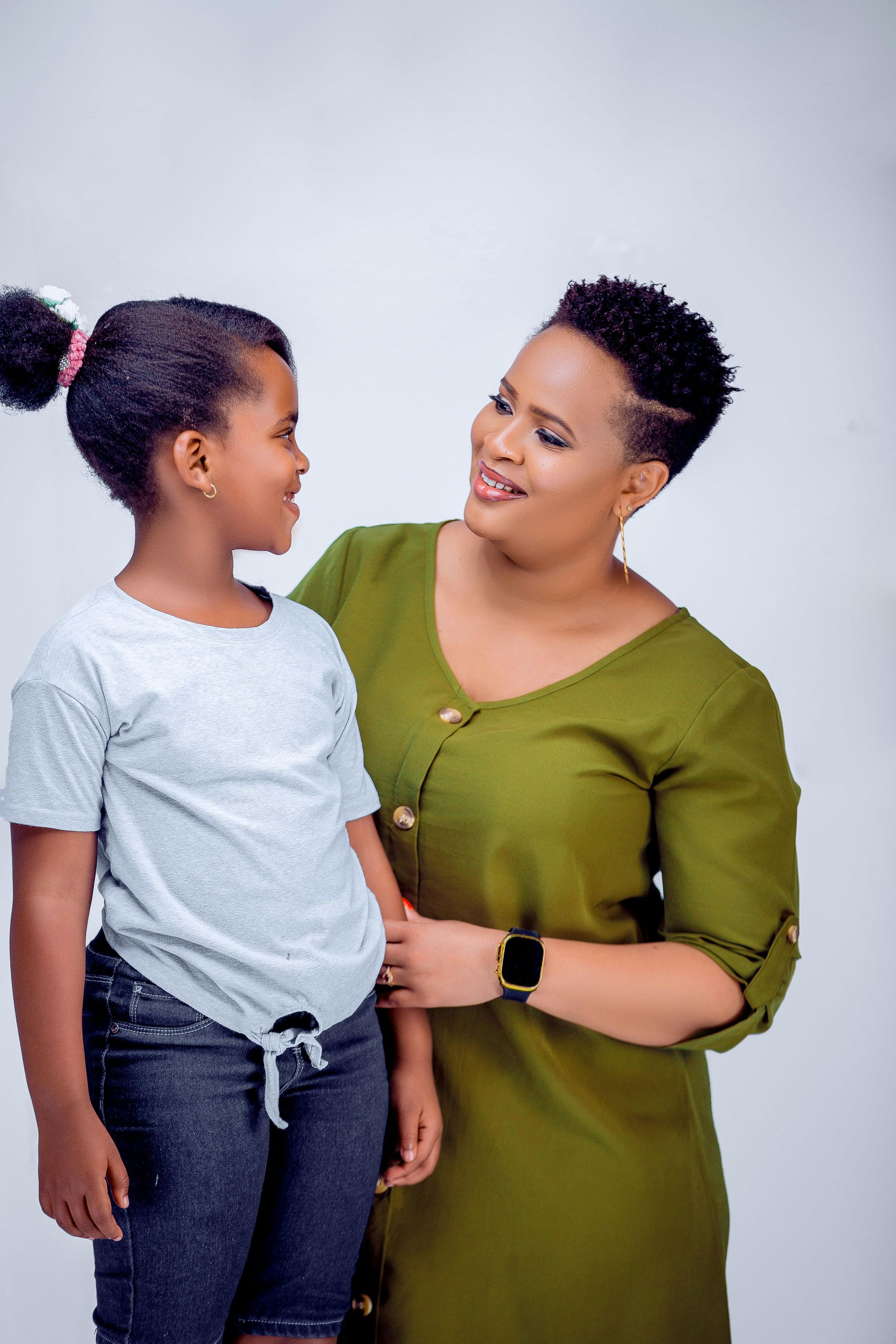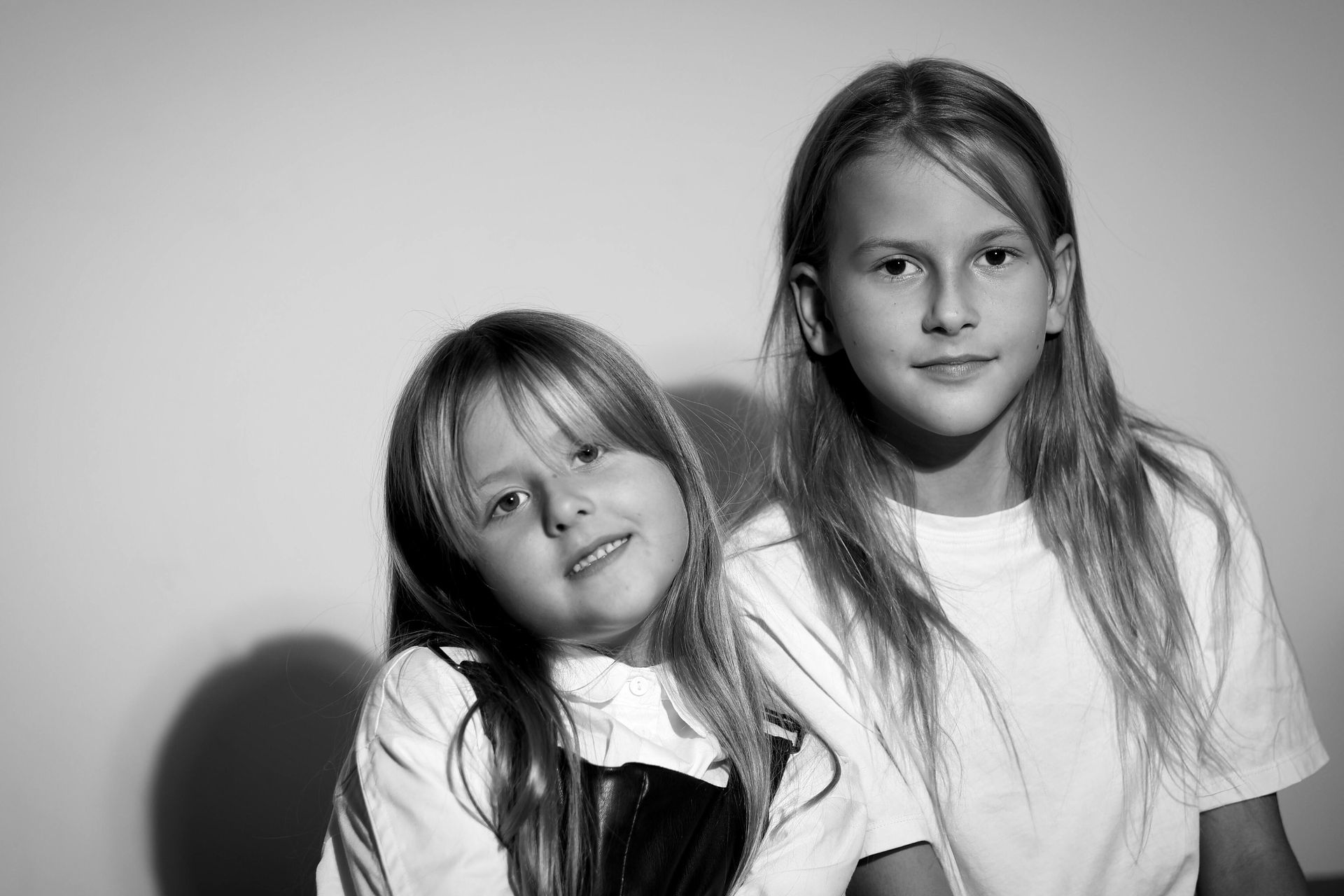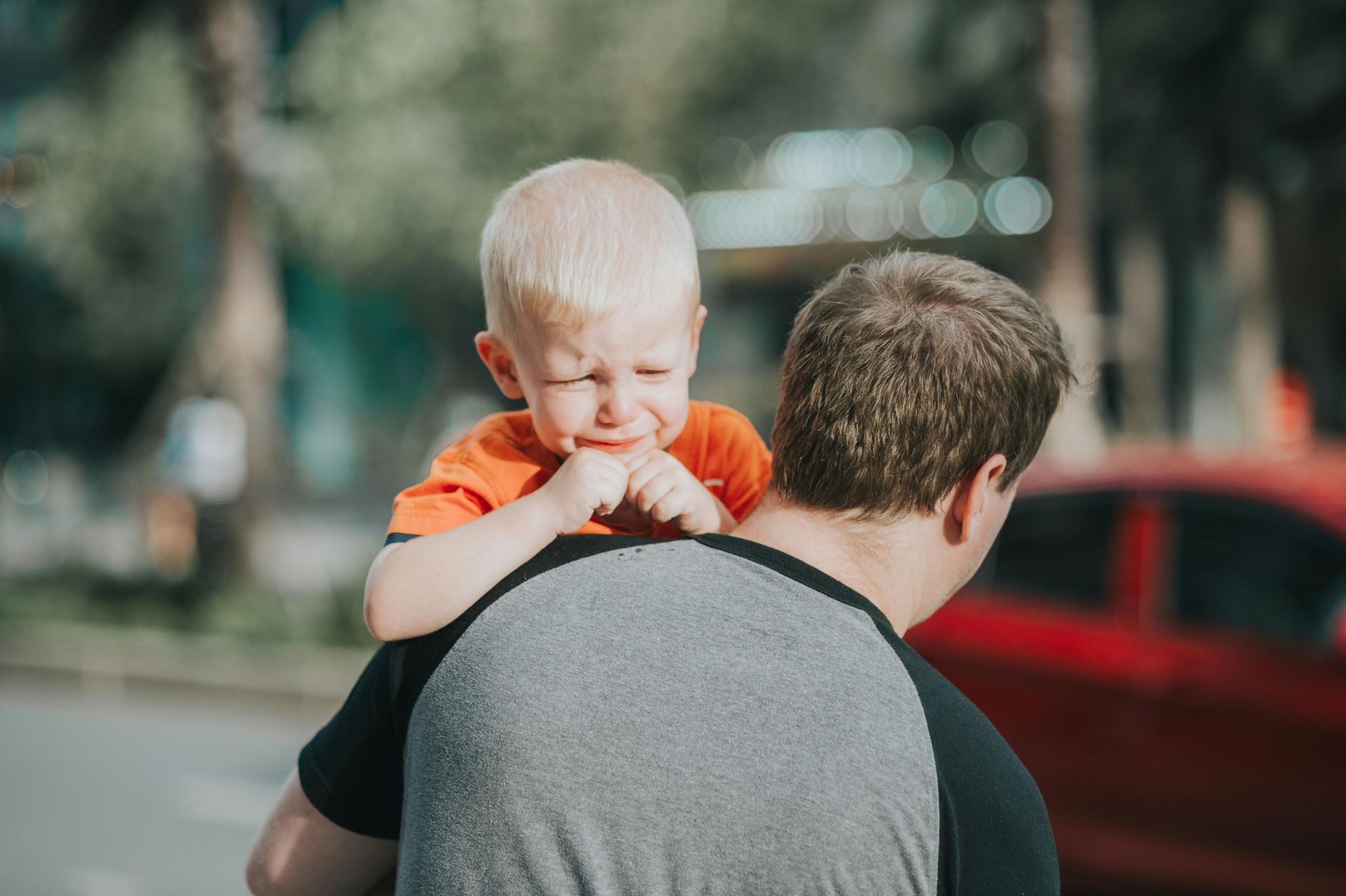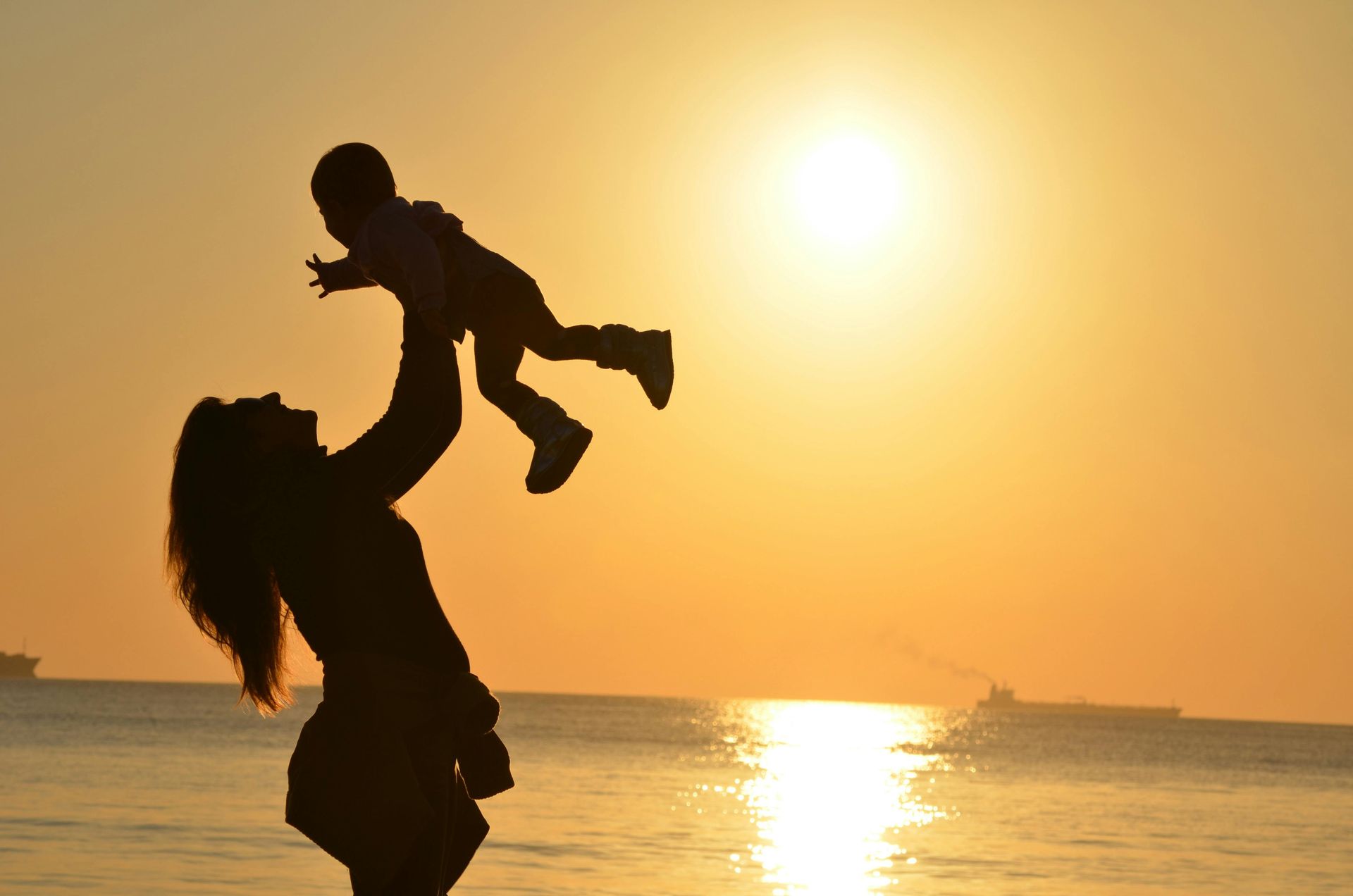Child abuse is a devastating and tragic experience that can leave long-lasting emotional, psychological, and physical scars. While the immediate impact on children is often heartbreaking, the effects of abuse often extend into adulthood, shaping the victim's future in profound and harmful ways. As a society, we must understand these long-term consequences to offer better support for survivors and prevent future abuse.
This blog will delve into the various forms of child abuse, its long-term effects on individuals as they grow older, and how these effects manifest in adult life.
Types of Child Abuse
Child abuse can take various forms, including physical, emotional, sexual, and neglect. Each form of abuse has its unique set of consequences, but all share the potential to damage a child’s development and well-being.
1. Physical Abuse: Physical abuse includes any form of violence or harm inflicted on a child’s body, such as hitting, beating, or burning. The visible effects are often easier to recognize, but the emotional scars left behind can be more profound.
2. Emotional Abuse: Emotional or psychological abuse involves verbal attacks, constant criticism, humiliation, and other behaviors that damage a child’s sense of self-worth. This form of abuse can be just as damaging, if not more so, than physical abuse.
3. Sexual Abuse: Sexual abuse occurs when a child is forced or coerced into sexual activities by an adult or older individual. The betrayal of trust, combined with feelings of shame and guilt, often leaves victims with severe emotional and psychological damage.
4. Neglect: Neglect occurs when a caregiver fails to provide for a child's basic needs, including food, shelter, education, medical care, and emotional support. Neglect can lead to developmental delays, poor health, and emotional instability.
The Long-Term Psychological and Emotional Impact of Child Abuse
Childhood abuse can create a deep emotional wound that follows victims into adulthood. Survivors of abuse often experience a range of mental health issues, including:
1. Anxiety and Depression
Abused children are more likely to experience anxiety and depression as adults. The constant fear, insecurity, and trauma experienced during childhood often leave lasting psychological effects. Survivors may suffer from generalized anxiety disorder, panic attacks, or chronic depression.
Research shows that adults who were abused as children are more likely to experience post-traumatic stress disorder (PTSD). Flashbacks, nightmares, and overwhelming feelings of distress related to the abuse can interfere with daily functioning, relationships, and overall mental health.
2. Low Self-Esteem and Self-Worth
Children who grow up in abusive environments often internalize negative messages from their abusers. As adults, they may struggle with low self-esteem and feelings of worthlessness. Emotional abuse, in particular, instills a belief in survivors that they are not deserving of love, care, or success. This negative self-perception can result in difficulties forming healthy relationships and pursuing career goals.
3. Difficulty Forming Healthy Relationships
Survivors of child abuse frequently struggle with relationships in adulthood. Having grown up in an environment of mistrust and fear, they may find it difficult to trust others or form meaningful emotional connections. Attachment issues are common, with some individuals avoiding intimacy and emotional closeness, while others may cling to unhealthy or codependent relationships. The fear of abandonment or rejection often lingers, making it hard to develop healthy, secure attachments.
Abuse can also lead to boundary issues, where survivors either struggle to assert their boundaries or build walls to protect themselves from getting hurt. This can lead to dysfunctional relationships, either marked by a lack of emotional connection or by repeated involvement with abusive or manipulative partners.
4. Substance Abuse and Addiction
Adults who experienced child abuse are more likely to develop substance abuse problems as a way to cope with the emotional pain and trauma. Drugs, alcohol, or other addictive behaviors can become mechanisms to numb feelings of anxiety, depression, or isolation. Unfortunately, substance abuse can lead to a cycle of self-destruction, often furthering the emotional damage caused by the initial abuse.
5. Mental Health Disorders
In addition to anxiety and depression, survivors of child abuse may develop other mental health disorders, such as bipolar disorder, personality disorders, dissociative identity disorder (DID), or borderline personality disorder (BPD). The emotional and psychological strain of childhood abuse disrupts the brain’s normal development, leading to long-lasting mental health challenges that require professional treatment.
The Physical Health Effects of Childhood Abuse
In addition to the emotional and psychological effects, child abuse can also have severe physical health consequences that last into adulthood.
1. Chronic Health Conditions
Studies have shown that adults who were abused as children are more likely to suffer from chronic health conditions, including heart disease, diabetes, obesity, and autoimmune
disorders. The stress and trauma endured during childhood can lead to physiological changes in the body, such as inflammation and altered stress hormone levels, which contribute to the development of long-term health problems.
2. Self-Harm and Suicidal Tendencies
Survivors of child abuse are at a higher risk of engaging in self-harm or experiencing suicidal thoughts. The intense emotional pain and unresolved trauma may lead individuals to hurt themselves as a way to cope or express their distress. Without proper intervention and mental health support, these individuals may be at increased risk of suicide attempts.
3. Higher Risk of Re-victimization
Tragically, adults who were abused as children may be more likely to experience further abuse or victimization later in life. The trauma of childhood abuse can distort a survivor’s ability to recognize unhealthy behaviors in others, potentially leading them into abusive relationships or environments as adults. Furthermore, the ingrained feelings of worthlessness or powerlessness may leave survivors vulnerable to exploitation by others.
The Societal and Economic Impact
The effects of child abuse extend beyond the individual and impact society as a whole. Adults who suffer from the long-term consequences of abuse may struggle with maintaining steady employment, leading to economic instability. They may also experience difficulties in education, social integration, and personal development, limiting their potential contributions to society.
Moreover, the health care system bears a significant burden, as abused individuals often require more medical and mental health services throughout their lives. The social costs of untreated trauma, including addiction, homelessness, and crime, further compound the societal impact of childhood abuse.
Healing and Moving Forward
Despite the devastating effects of child abuse, survivors can recover and lead fulfilling lives with the right support and interventions. Therapy is often a crucial step in the healing process, allowing survivors to process their trauma, rebuild self-esteem, and develop healthier coping mechanisms. Various forms of therapy, including cognitive-behavioral therapy (CBT), trauma-focused therapy, and group counseling, can provide valuable tools for healing.
Survivors must also work on rebuilding trust in themselves and others, setting healthy boundaries, and addressing any underlying mental health or addiction issues. It’s essential for survivors to seek support from friends, family, and professionals who understand their experiences and can help them navigate the healing process.
Conclusion
Child abuse leaves long-lasting scars that affect survivors in every aspect of their adult lives. Understanding these long-term effects is crucial for providing support, promoting healing, and preventing future abuse. With the right resources, survivors of child abuse can overcome their trauma and build a future defined by resilience and hope, rather than the pain of the past.
More Family Law Blogs
by Anne Harvey









